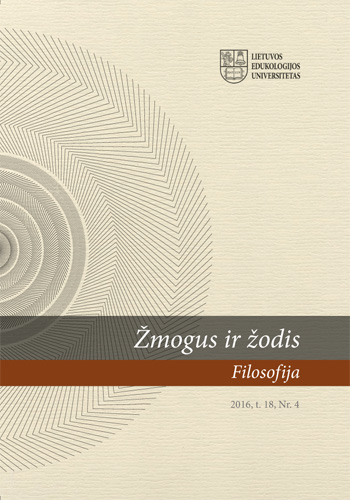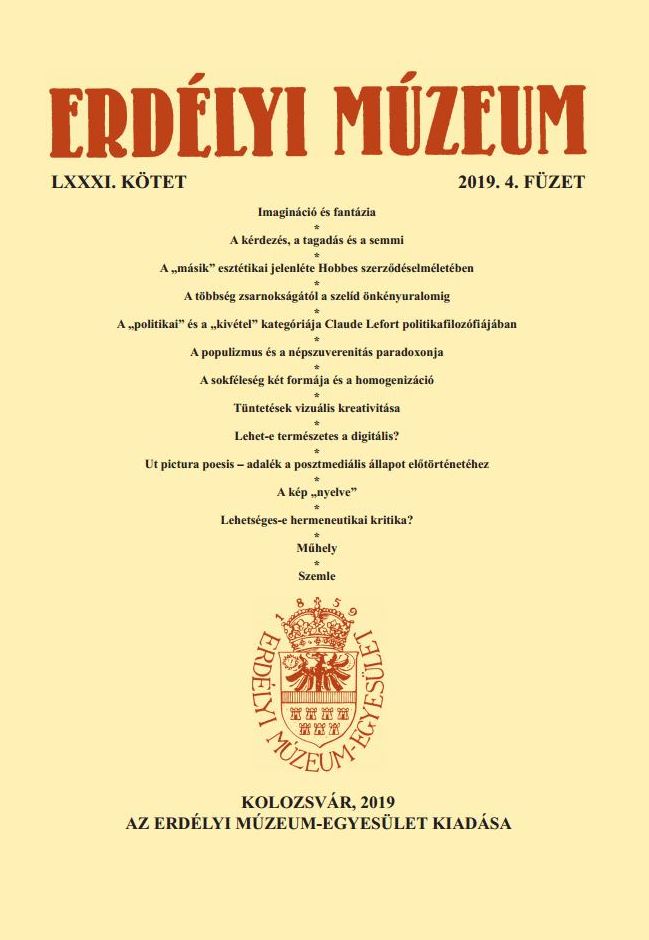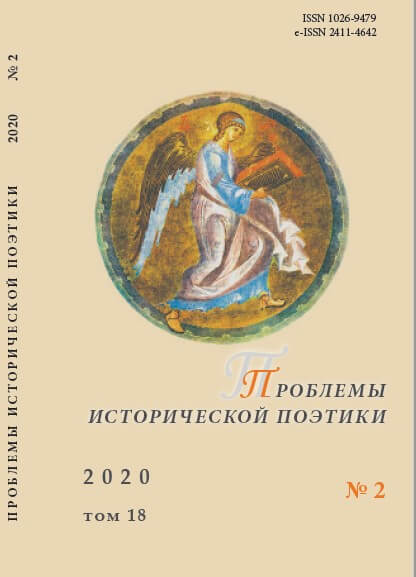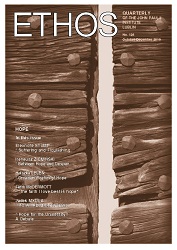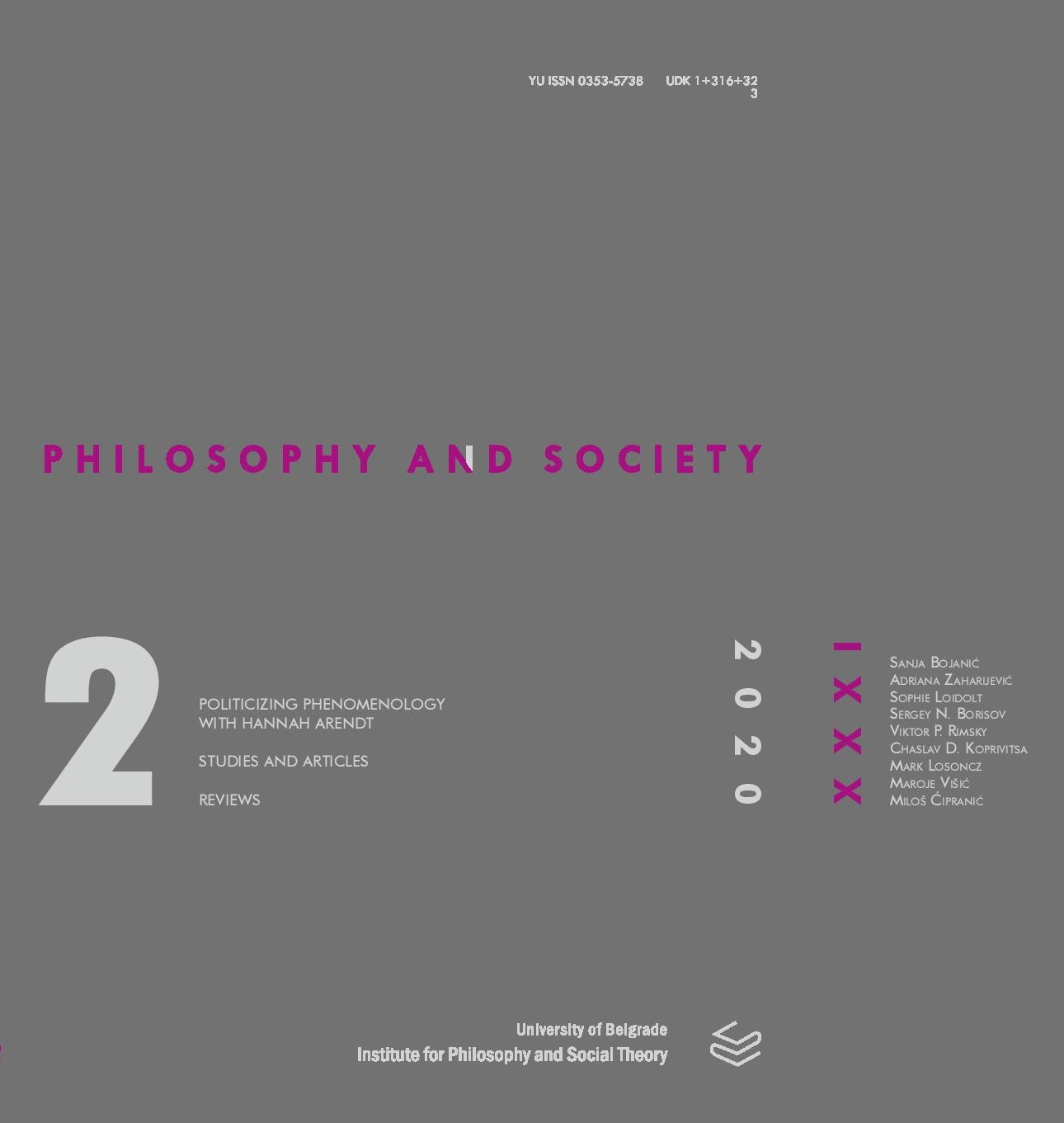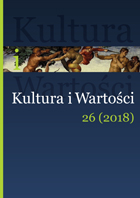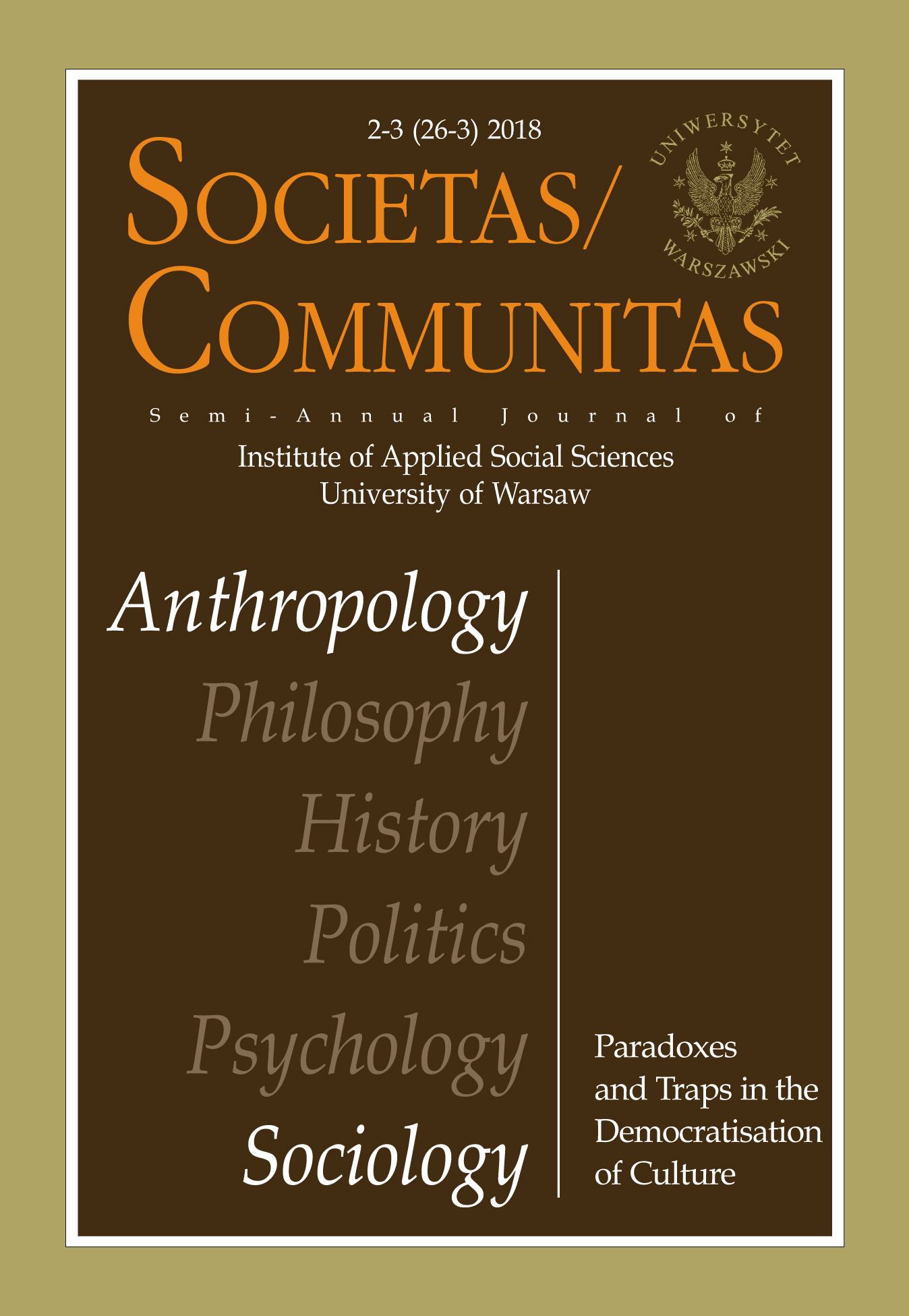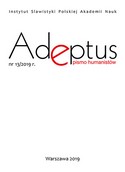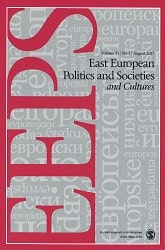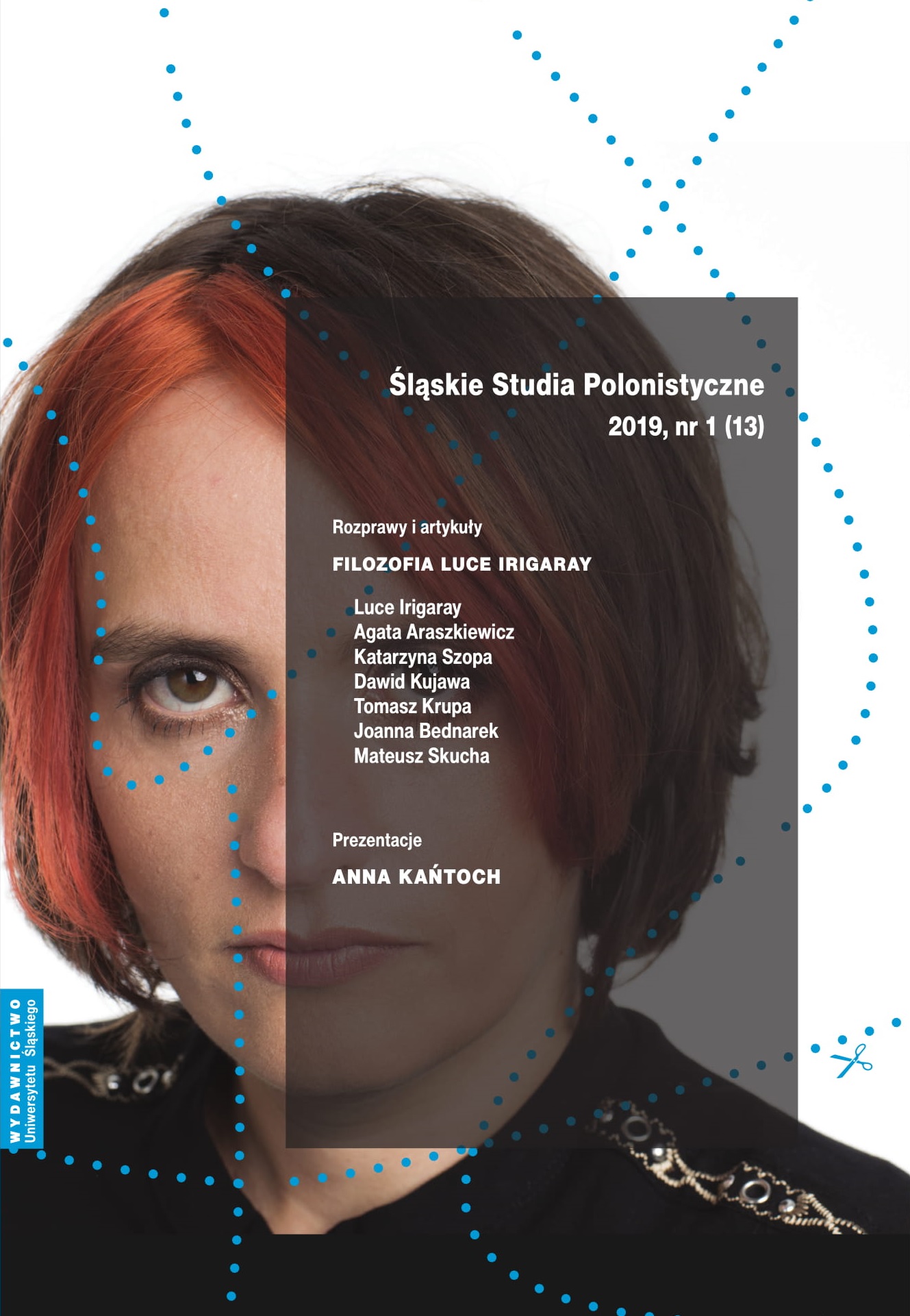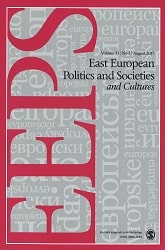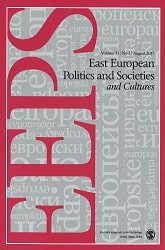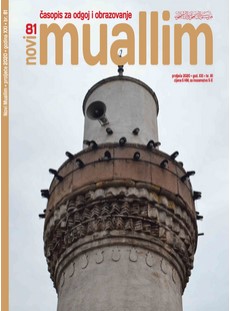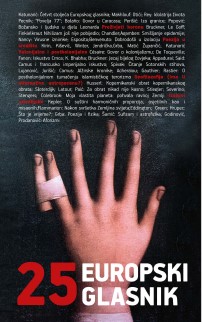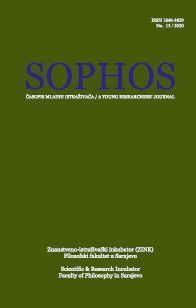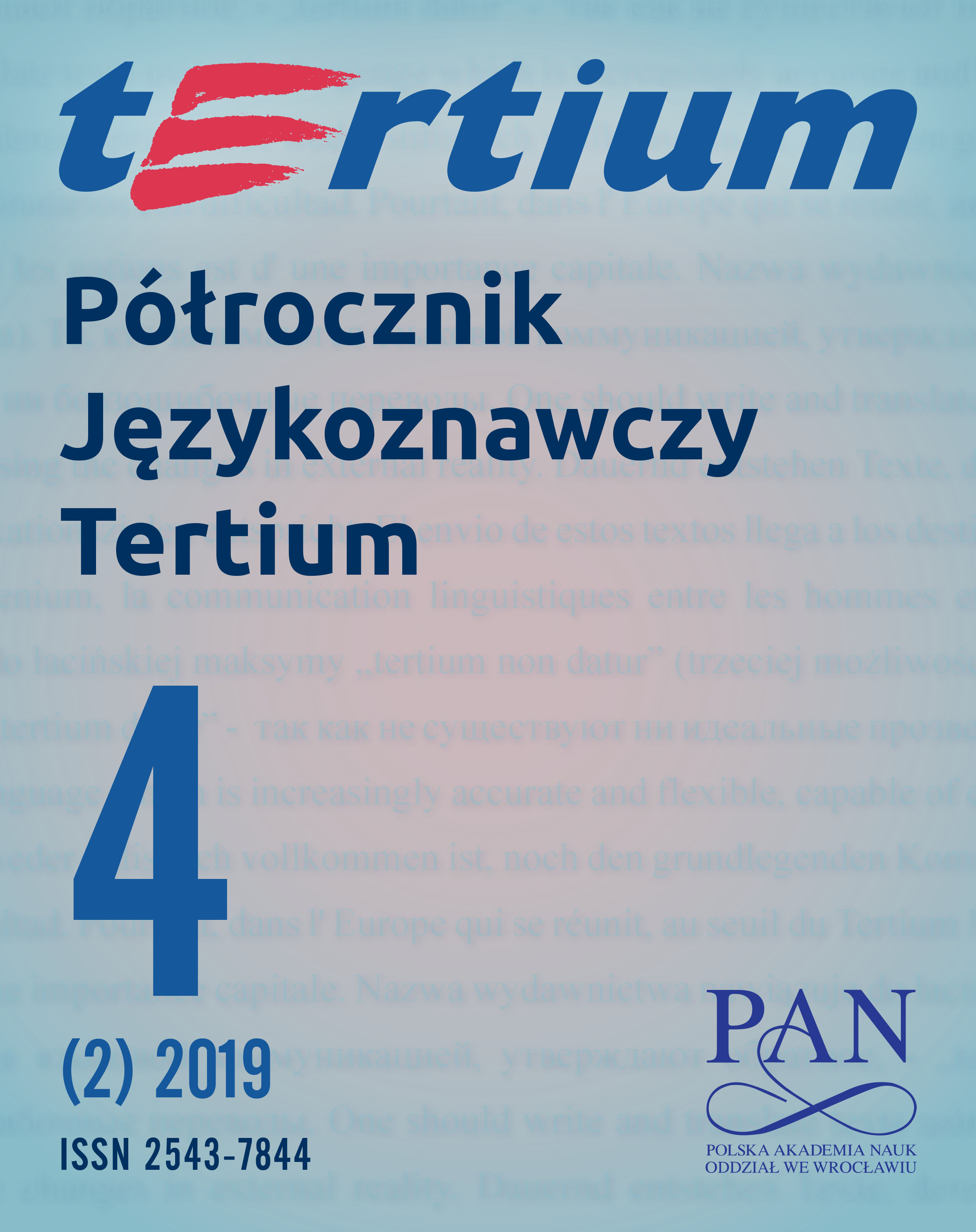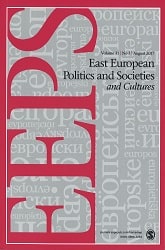Author(s): Katarina Bošnjak / Language(s): Bosnian,Croatian
Issue: 13/2020
From the beginning, men have reflected on their origins and the origins of the world, trying to explain the magical forces that led to human existence. In the same way, they try to understand the path that awaits them after cutting the earthly bonds of the soul imprisoned in the liminal existence on earth. The significance of religious thought in the creation of boundaries, which are eventually inserted into space, is particularly recognized in eschatological reflections and literal interpretations of the spatiality of eschatological metaphors. The Cartesian nature of man predisposes him to contemplation of the world through a fascination with liminality, which is reflected in his inner and outer world. Due to the contextual similarity, this paper considers the spatiality of liminality in the eschatological idolum of the three most represented Abrahamic religions in Southeast Europe - Judaism, Christianity and Islam. Spatial coding of the liminal in the eschatological idolum, recognized in the cosmographic organization of the universe, defines liminality in the vertical sense, and establishes a (spatial) hierarchy in the levels of soul realization, which is consequently recognized in the spatial conception of the social hierarchy of earthly life. Spatiality exegesis of eschatological idola recognizes a horizontality of liminality conditioned by the progression of the soul through architecturally defined frameworks, modeled by the imago mundi, which reveals a literal spatial interpretation of the doctrine of separation (upon which the concept of the Judgment Day rests) based on moral hierarchy. The complexity of soul's progression through the liminal stages, reduced to a diagrammatic representation of its transformation in accordance with the religious canon, points to life as a reference point for the ontological transformation that comes after it. Therefore, it is denoted by a clear framework – thresholds, into which man has imprinted elements of spatiality. The possibility of identifying the archetypal concept of boundary is sought in these tresholds, which indicates an opportunity to understand the nature of man and this process of insciption of his nature in socio-spatial contexts.
More...
